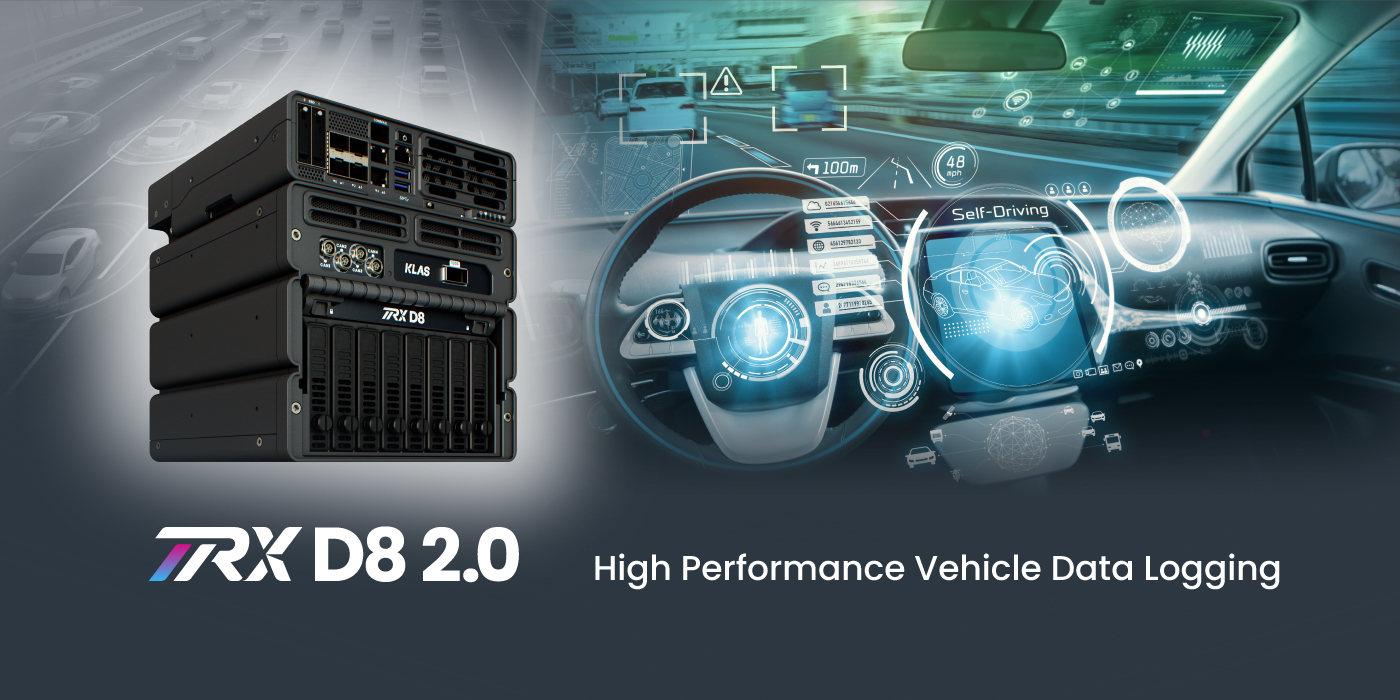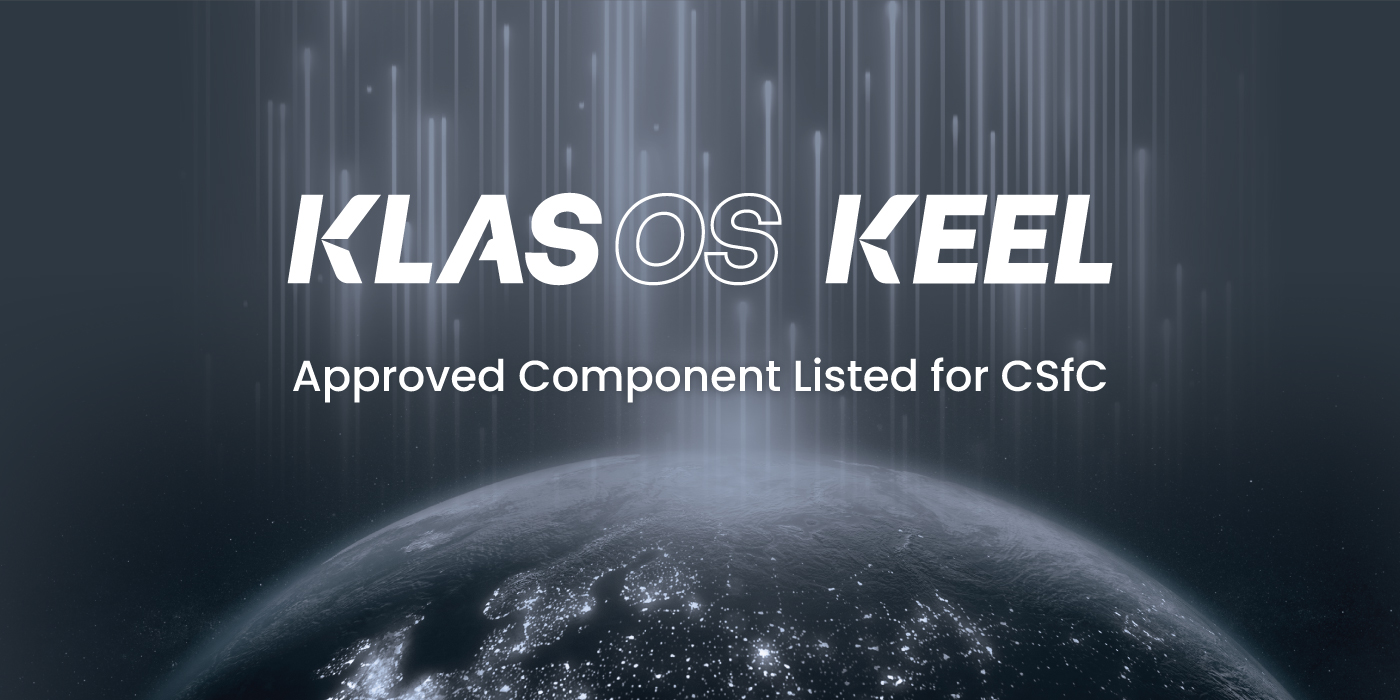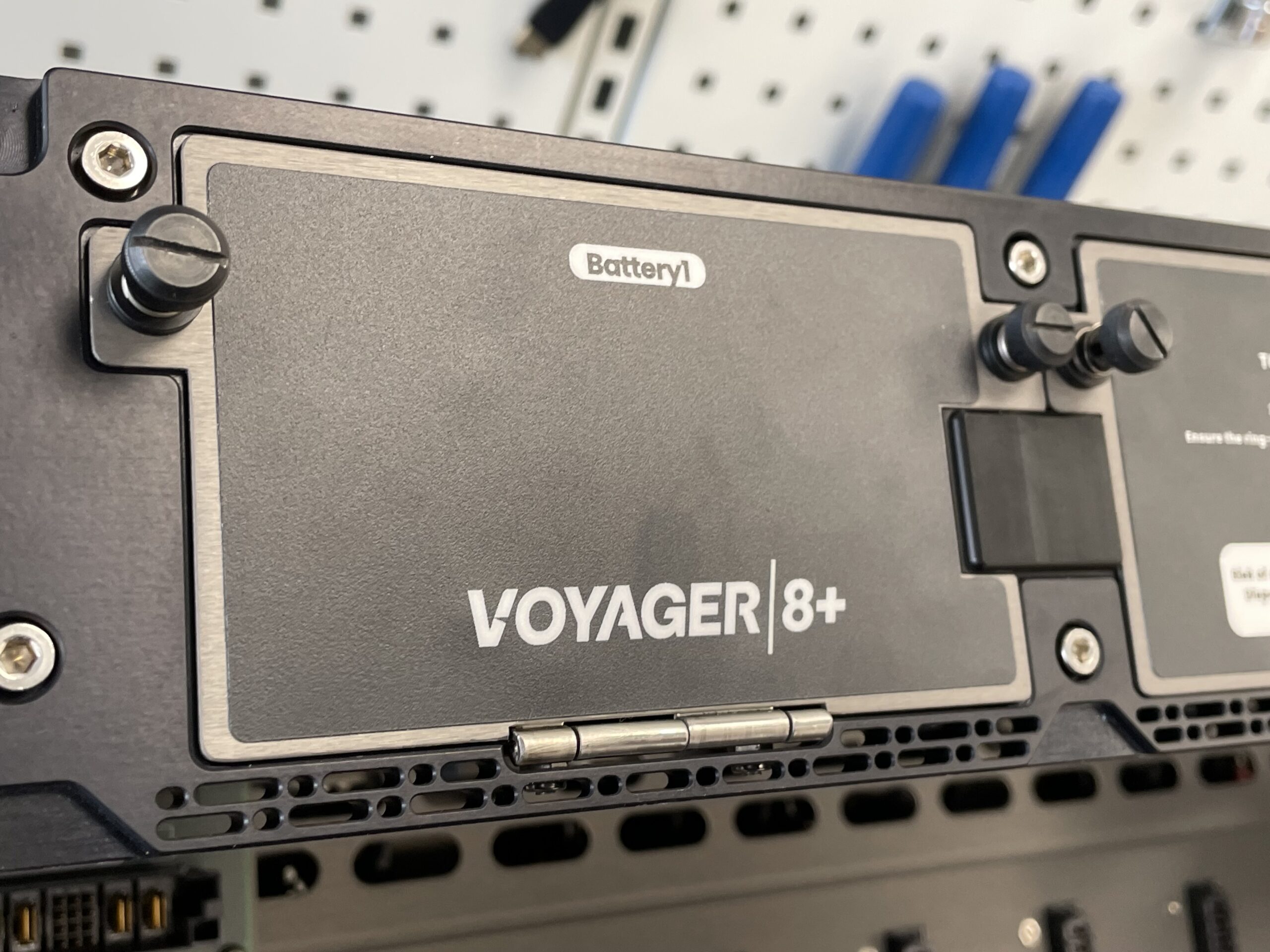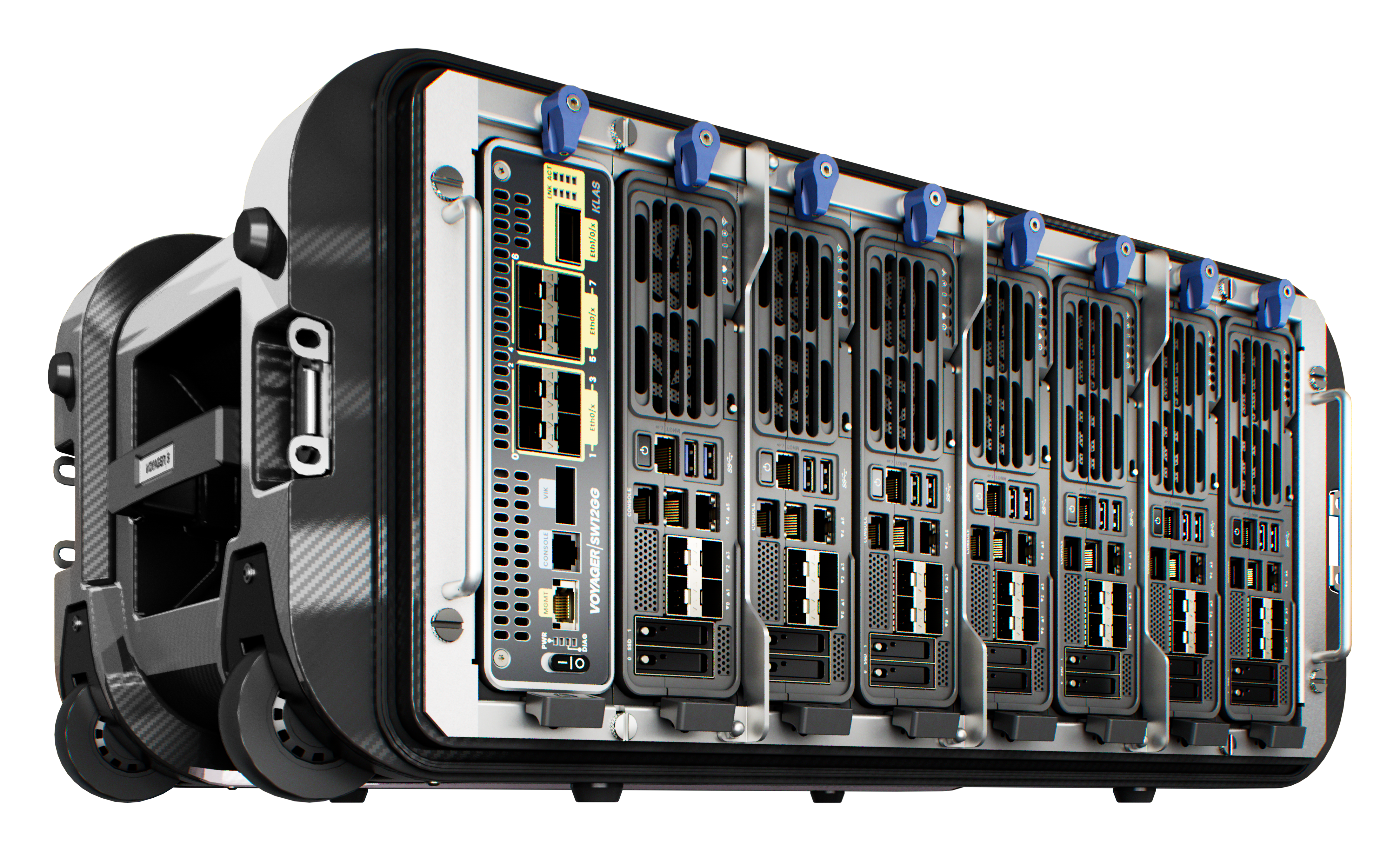“By 2030, nearly 95% of new vehicles sold globally will be connected, sharing Internet access and data with other devices inside and outside of the vehicle.”
Mckinsey & Company¹
With analysts such as Mckinsey predicting that almost all vehicles will be connected soon, it is evident that data is now the oil in the modern era of mobility. However, to build sustainable business value from data, Mckinsey identifies that this starts at the R&D stage, prompting the question – what does this mean for the future of R&D vehicle data logging?
Future of Data Logging
With the emphasis squarely on data, the requirement from ADAS and AD engineers is for meaningful and relevant data that adds value from test drives. Emphasizing loggers will be smarter in every step of the process of collecting data, e.g.
- Capture: interface to existing and the next generation of vehicle networks and sensors
- Process: anonymize, annotate, and add relevant meta-data for use outside of the vehicle
- Select: identify data of importance, and eliminate irrelevant data
- Store: capture data for use in development environments outside the vehicle
Beyond Smart Data Logging
A clear market differentiation for OEMs is safe driving experiences. To deliver on this value proposition, OEMs need to keep pace with evolving sensor technology of lidar, radar, and cameras and the ever-increasing data loads. In software parlance, this implies continuous development and improvement of SAE Level 2+ functionality. In both instances, the result is that the vehicle data logger is not only smarter but is scalable to support a more significant volume of data.
However, as there is already significant investment made in the in-vehicle toolchain, OEMS and test partners are not in a position to throw away the old toolchain for the new. There is a third and often overlooked element – data loggers must be adaptable. The implication is that the logger not only supports existing workbenches but is future-proofed to support the next generation of vehicle network architectures and engineering workbenches.
Vehicle data logging and the Role of the Cloud
It is no longer viable or feasible to ignore the Cloud Service Providers’ role in evolving ADAS/AD functionality. With the development to SAE Level 5, the cloud is the only solution with scalable computing capacity to support and analyze the PetaBytes of data under different simulation scenarios for safe autonomous driving.
However, the problem today is that to centralize just a few 10s of Terabytes of data from highly distributed test fleets, OEMs and test partners are shipping storage disks to centralized locations for ingestion. In the long term, this is inflexible, cost prohibitive, and economically unsustainable.
Future vehicle data loggers must support a fast, simplified, and non-technical approach to getting valuable data from individual test vehicles and into the cloud over high-speed networks.
The next generation of vehicle data loggers
TRX D8 2.0 is the first intelligent, scalable, and adaptable vehicle data logger to support PCIe and network-based logging with up to 200Gbps of data logging write speeds. The compact solution supports PCI or network-based logging by simply swapping the head unit:
- High-performance processing: Intel® Xeon® D (10th Gen) CPU with up to 20 cores, designed for embedded and harsh environments at the edge.
- Hot-swappable storage: Effortlessly turnaround test vehicles in minutes, requiring minimal IT expertise.
- Fastest disk write speeds: Reliably capture data from a greater number of high-bandwidth Ethernet sensors of cameras, lidar, and radar.
- Flexible Connectivity: Quickly transfer valuable data to engineering workbenches of HIL/SIL over high throughput ethernet interfaces.
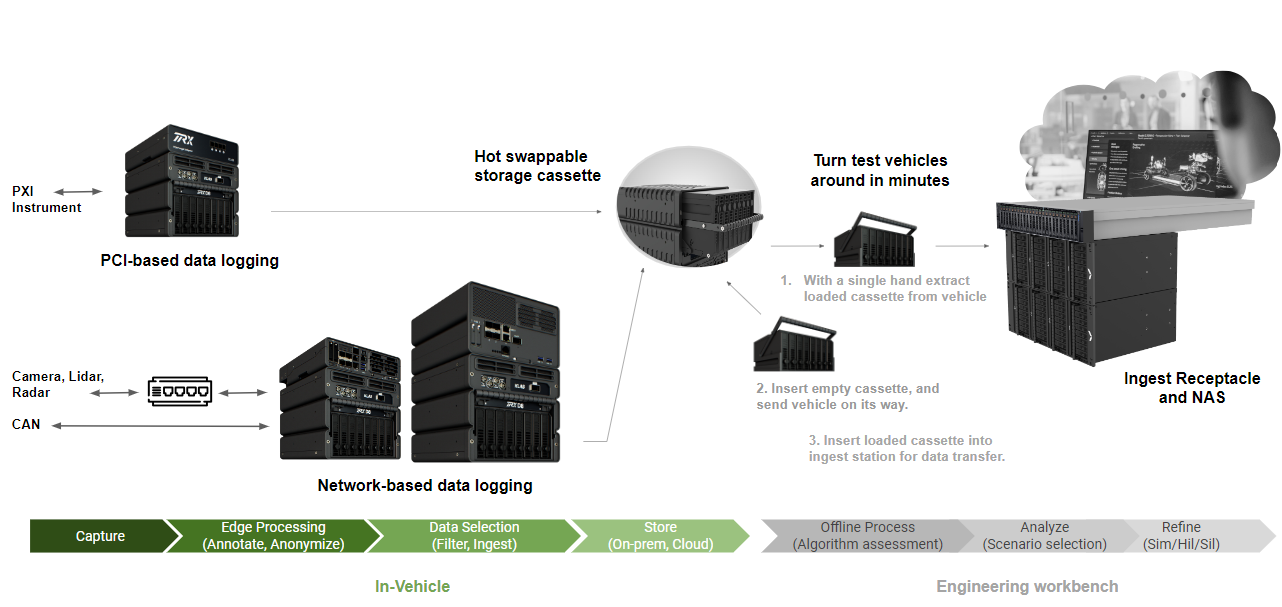
Figure 1: End-to-end vehicle data logging solutions from Klas
To learn more about TRX D8 2.0 and Klas automotive solutions
Please visit – https://www.klasgroup.com/markets/automotive/
Resources
Further Reading
Accelerate ADAS/AD R&D with a secure and open in-vehicle computing platform
On the road to cloud-enabled performance for R&D vehicle data logging
